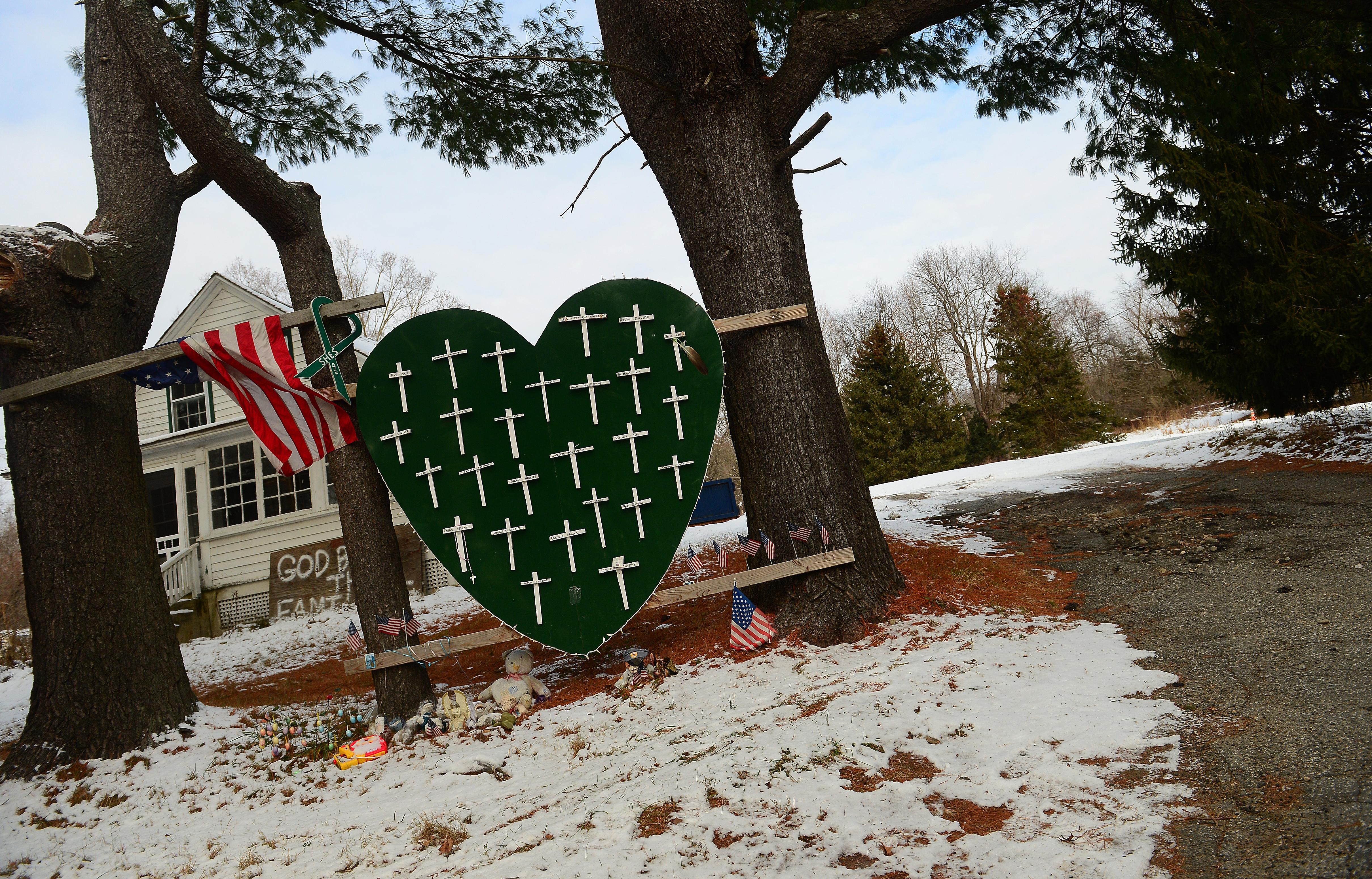After the Sandy Hook shooting, there was speculation that Peter Lanza, the father of shooter Adam Lanza, might hold the key to understanding what happened. Peter was portrayed as an absent father; at the time of the shooting he hadn’t seen his son in two years. Was it possible that the shootings, in which 28 people were killed, including the shooter and his mother, could be explained as the work of a desperate son of an overburdened single mother, abandoned by her ex-husband and unable to get the help she needed?
As a lengthy profile of Peter Lanza in The New Yorker shows, this explanation, like all the other ones floated after the shootings, does not hold up.
After Peter and Nancy separated when Adam was 9, Peter continued to see his son every weekend. Andrew Solomon reports that they went on camping trips together and went to see Bill Cosby perform live, a show at which Adam “laughed for an hour straight.” They watched their favorite reruns together and talked about politics, especially Ron Paul. Peter described his son as “just a normal little weird kid.”
Peter stopped seeing Adam in the years before the shooting because his son refused his entreaties. Peter wanted to respect his wishes, and he figured it was a matter of time—that eventually Adam would come around and want to see him again. From the profile it’s clear that Peter was an involved, sympathetic father, if baffled by his son, and also one who saw him clearly. “With hindsight, I know Adam would have killed me in a heartbeat, if he’d had the chance. I don’t question that for a minute,” Lanza tells Solomon.
A second explanation floated after the killings was that Adam was violent because he was autistic. This is an explanation that has come up before, with Colorado movie theater shooter James Holmes; Anders Behring Breivik, the Norwegian man who killed 77 people in 2011; and earlier with serial killer Jeffrey Dahmer and Unabomber Ted Kaczynski. But as Solomon explains, aggression in kids with autism tends to be reactive, a result of momentary frustration and not the sort of calculated, methodical mayhem that Adam carried out.
Throughout Adam’s life, his diagnosis of Asperger’s seems to have played an obscuring rather than a clarifying role. Many adults who receive the diagnosis experience it as a relief: Finally, here is a label that explains the social awkwardness, the inability to read social cues, the discomfort around other people. Asperger’s memoirist John Elder Robison wrote of the diagnosis he received at age 40: “It did fit me. Completely. The realization was staggering. There are other people like me. So many, in fact, that they have a name for us.” Nancy hoped the diagnosis would do the same for her son, but it did the opposite. He refused to accept it and just withdrew further.
As Adam’s behavior became stranger, his parents tried harder to find him treatment. They looked into special schools, tracked down Asperger’s programs, sought out the best psychiatrists, got him medicated. After the shooting, gun-rights advocates pointed fingers at an inadequate mental health care system, but that does not seem to be the culprit here. Adam simply would not cooperate. And his mother, for reasons that we’ll never know, chose not to have Adam committed. Did Nancy feel like she could handle her son better than anyone else? Did she not realize that he was capable of such violence?
After a long period of reflection, Peter seems to have decided that Asperger’s was a distraction, something that hid the real explanation for why a middle-class kid with two caring parents would turn into one of the worst mass shooters in history.
If Adam had the “correct” diagnosis, would that have fixed everything? “Had we found out—which we did not—that Adam had schizophrenia, or had been a pedophile or a victim of childhood abuse, we still wouldn’t know why he acted as he did,” writes Solomon. In the end, Peter Lanza did not hold the key to unlocking his son’s motivation. Nobody else will, either.
